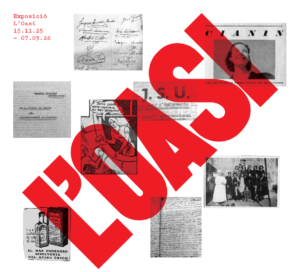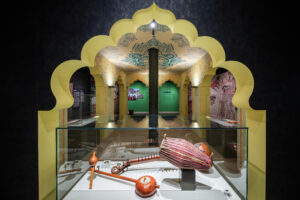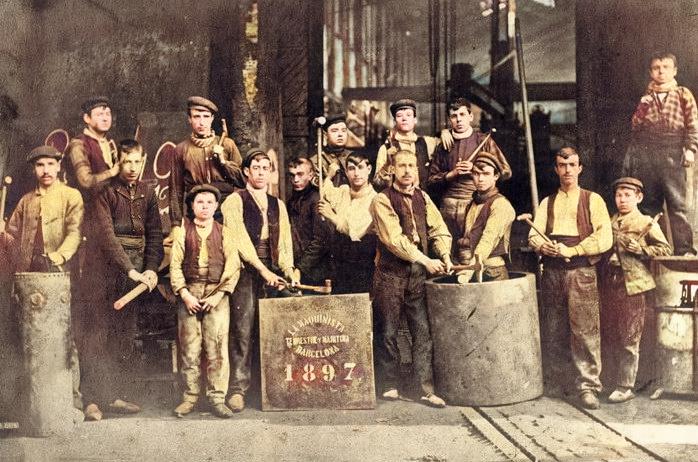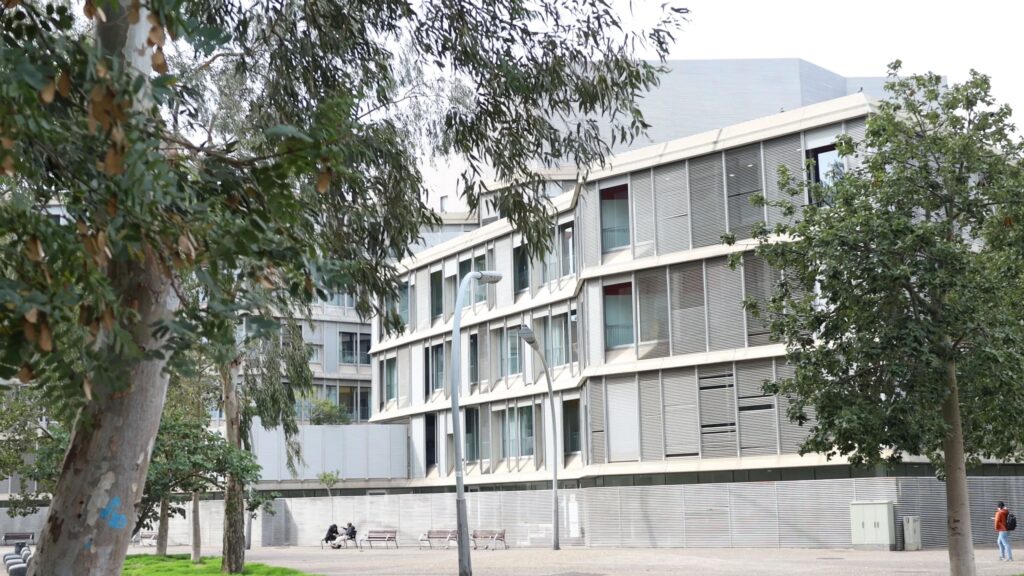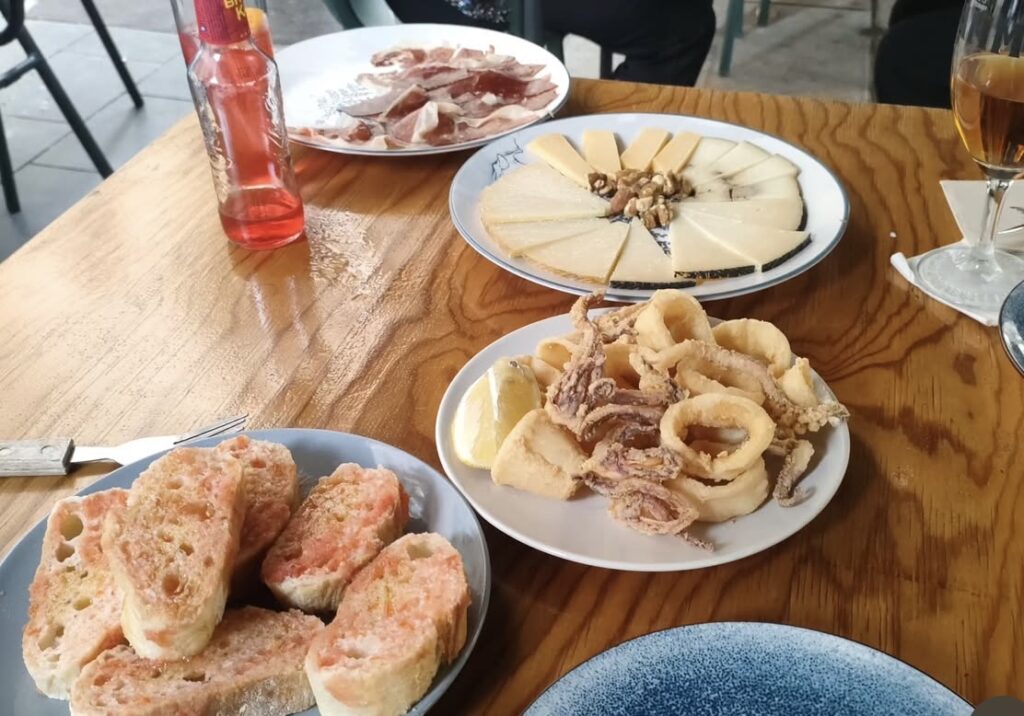For a few minutes, you will hear history beat with SOM the Museu d’Història de Catalunya’s new podcast. A digital and periodic audio proposal to different periods of Catalan history in an informative and educational way make known. The programme delves into some of the key episodes in the country’s history through life experiences, conflicts, war, repression and exile, but also progress, ideas, values and collective efforts.
Every month you can listen to a new episode on the Ivoox , Spotify and Apple platforms.
As Raquel Castellà , curator of the Museu d’Història de Catalunya and coordinator of the SOM podcast, explains, “for a few minutes, you will hear history beating! The Museum ‘s podcast is a communicative adventure with which we add to one of the most popular products in Catalan today in the dissemination of cultural content on the Internet and, also, it aims to contribute to the revitalization and modernization of communication and the dissemination of history in Catalonia. The museum must diversify its communication strategy to reach the maximum audience possible and this audio format is very valid for historical dissemination and allows you to listen to it whenever you want and from the player you prefer.”
Learn about our history in an educational and entertaining way
SOM aims to bring history closer to all citizens of different ages in an entertaining way, while highlighting the richness of our country’s historical heritage and publicizing the Museum’s activities and content, as well as the institution’s collection and work in the dissemination and conservation of Catalan heritage.
The new programme of the The History Museum of Catalonia, written in an educational and rigorous tone, covers the main periods and events with the help of experts, all interspersed with thematic episodes that deal with topics that are often unknown or little known, but very interesting, such as the slave trade in Catalonia or the role played by the Jewish people. All interspersed, from a different approach to history, with a more anthropological character, where more social and cultural aspects are explored, and which incorporates the gender perspective.
“We want to deal with historical episodes or concepts that do not usually appear in the great history books; from an approach based on the social perspective and the everyday life of history, in short, from a more social conception of history, not so structural or classical,” explains historian Raquel Castellà .
